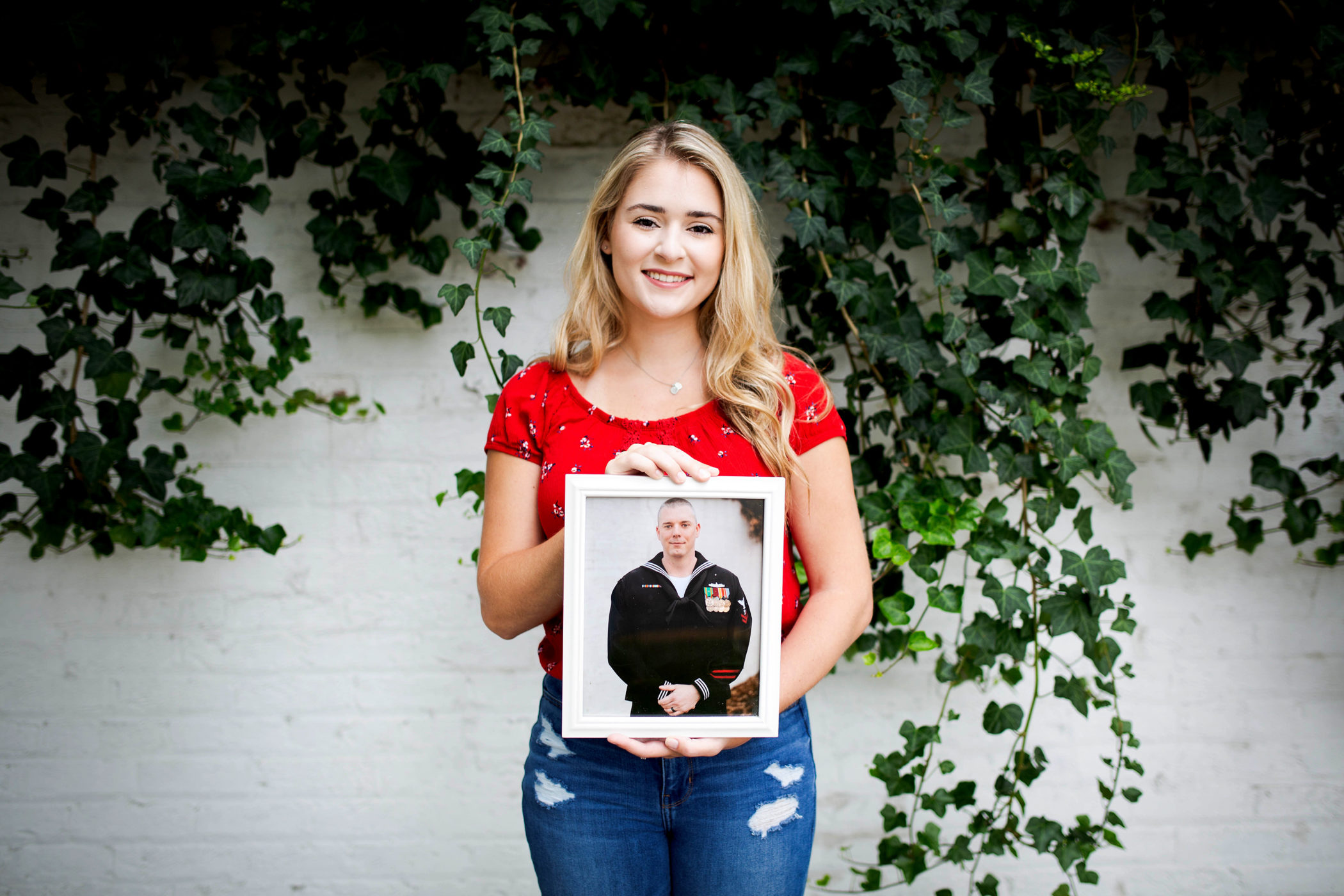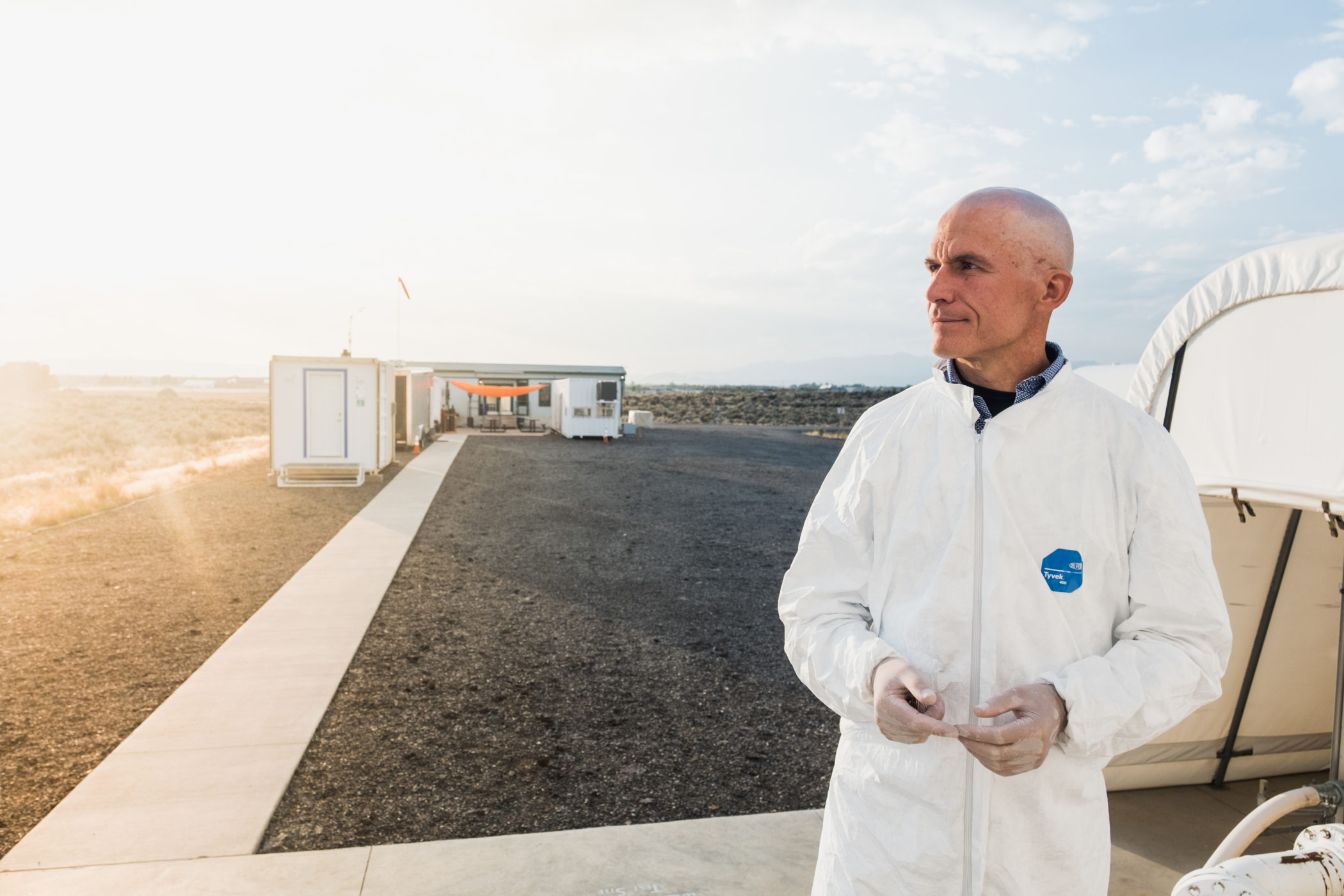Kall Morris Inc. wins $10,000 cash prize in inaugural CORI Pitch Event
Featuring pre-seed or seed-stage startups from a variety of sectors, “Small Towns, Big Ideas,” the first-ever virtual pitch event hosted by the Center on Rural Innovation, gave small-town entrepreneurs a national spotlight.
Ten rural startups. Ten thousand dollars.
One night to showcase some of the incredible ideas coming out of rural America.
Featuring pre-seed or seed-stage startups from a variety of sectors, “Small Towns, Big Ideas,” the first-ever virtual pitch event hosted by the Center on Rural Innovation, gave small-town entrepreneurs a national spotlight on Nov. 10 — along with a $10,000 cash prize for the company with the best-rated pitch.
A panel of volunteer judges assessed each of the pitching companies based upon a variety of criteria, including the product, business model, traction, and narrative. Kall Morris, Inc. (KMI), a space-tech startup based in Marquette, Michigan, captured the $10k prize with their bid to become the first company with a commercially viable product for collecting man-made debris orbiting Earth
“There was a lot of exciting pitches and events here tonight … so many great people all around — thank you for the opportunity,” said Troy Morris, one of the co-founders of KMI. “I’m shocked, I’m speechless, and that rarely happens.”
Meet the startups from the ‘Small Towns, Big Ideas’ pitch event
The 10 participating startups spanned a variety of sectors and all hailed from one of the 25 communities served by the Rural Innovation Network. You can see their pitches and learn more about each of them below:
BeCardless
Nick Koger’s vision for his app, BeCardless, is to eliminate the hassle of printing, distributing, and collecting business cards by taking them digital. The app allows users to create a digital card that travels with them and is customizable in seconds, and can be shared and stored via a digital wallet, reducing initial overhead costs, paper waste, and organization issues.
Clear Water Nitrate Reduction
Seeing the downstream effects of agricultural runoff pollution in his community, Ian Roback, a St. Olaf College environmental studies and data science graduate, decided to start a company, Clear Water Nitrate Reduction, that did something about it. In its early pilot projects, Clear Water’s proprietary system and hybrid wetland filter technology has seen as high as 70% nitrate reduction while using a smaller footprint than competing methods, and would incorporate profit-sharing with farmers who adopt the technology.
iBuild Global
A licensed plumber and former management consultant for IBM, Jonathan Godbout bonded with his cofounders over a shared passion for housing and construction. The company that resulted, iBuild Global, is a mobile and web platform focused on eradicating fraud and diversion across the housing value chain. Their software brings transparency to the construction process, and connects those in need of housing with a workforce in need of employment. Its earliest pilot program in Kenya has amassed more than 50,000 users and future projects are pending in India and Mexico.
Kall Morris, Inc.
Founded by three Northern Michigan University graduates, KMI wants to solve the real and growing threat that orbital debris poses to the space-based economy, which is valued in the hundreds of billions of dollars. KMI has developed a system that allows spacecraft to remain in orbit and individually collect multiple small pieces, or work together in tandem to collect large rocket bodies, minimizing the threat posed to useful technology in orbit.
Local Happenings
The husband-and-wife duo of Ryan and Audrey Schiesser have created the Local Happenings app, a digital community event platform they’ve developed and launched in their hometown. The goal is to bridge the information-sharing gap that exists in rural communities. Their comprehensive, integrated solution — now with more than 2,600 users — accelerates digital transformation and partnership with local, traditional media.
Mouse Loves Pig
A mom and architect, Ruth Rau became a toy designer because she wanted to see better toys in the hands of her kids after realizing one of her son’s favorite teething toys had been recalled for containing lead paint. With Mouse Loves Pig, she has built a brand — focused on experiential, infant, toddler, and preschool toys — that strives to further development and creativity rather than simply entertain. Rau’s interactive, transparently manufactured creations are now found in more than 170 stores in six countries, and sold direct-to-consumer via their website.
ReEnvision Ag
In his day job, Jayson Ryner serves as the choral director at North Iowa Area Community College. But it is his family-farming roots in north Iowa that have sparked his startup, ReEnvision Ag. His proprietary dibble-style planter system seeks to revolutionize how row crops are sown, reducing harm done to the soil, increasing precision, and lowering both tangible — fertilizer, seeds, machinery, and fuel — and intangible, environmental costs for farmers.
Spoke Sound
Founded by a competitive ultra-endurance athlete, Will Bodewes, who at 17 biked across the U.S. by himself, Spoke Sound has developed a product line that uses vibration panel technology to turn custom, canvas-wrapped photos into giant speakers capable of room-filling sound. Spoke Sound’s products, made in Durango, are operated via a smartphone app using wifi and Bluetooth connectivity, and can be combined with each other for a surround-sound experience.
Swipesum
Michael Seaman and his team have created a virtual chief payments officer platform, Swipesum, that helps businesses navigate the thousands of available payment-management solutions to find the best one for them. Swipesum focuses on mid-market to enterprise accounts that can benefit from its technology to identify the best payment software rates and monitor the health of their accounts — a $600 billion marketplace.
Trinity Sound Technologies
A mother and former schoolteacher, Stacy Jax founded Trinity Sound Technologies when she grew frustrated about the lack of information available during active-shooter incidents. Originally intended for school settings, Trinity’s gunshot detection system is intended to overcome the information gap in such life-threatening scenarios. The system, which analyzes key audio frequencies to indicate the presence of a gunshot, can issue text and email alerts within two seconds of the alarm being triggered, sending hyper-specific location information to stakeholders and public safety officials.
Everyone benefits when entrepreneurs have support
The inaugural CORI Pitch Event was made possible by the support of our sponsors — MainStreet, Rural RISE, Uprise Partners, and Venable — as well as the expert help of our quartet of judges: Amy Butte, Ayush Jain, Denmark West, and Jay Bockhaus.
And anyone interested in getting involved with the next generation of small-town tech startups should consider joining our Rural Innovation Mentor Network — we are always seeking individuals with valuable experience to join the ranks and make a difference. You can sign up directly here, or get in touch if you have any questions about the program.
Stay connected
At the Center on Rural Innovation, we are working with rural communities across the country to help position them to thrive in the 21st-century digital economy. To learn more about our work in this space, be sure to check out our blog and sign up for our newsletter.


